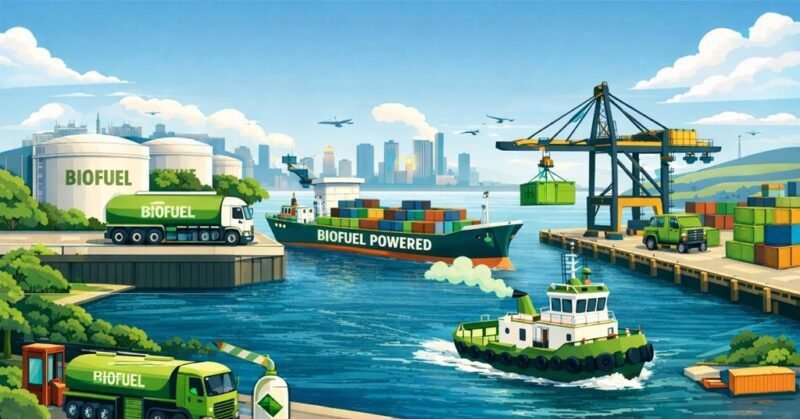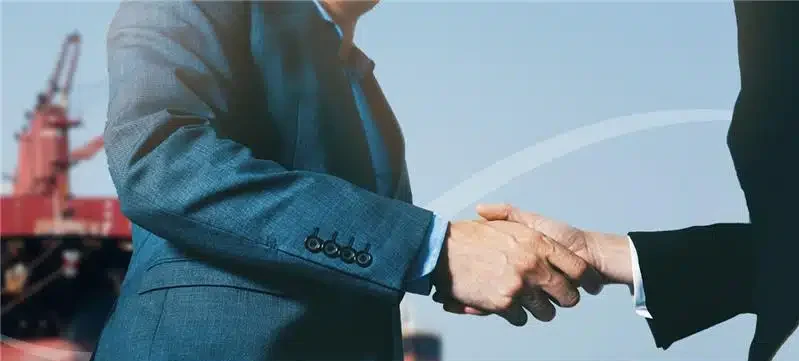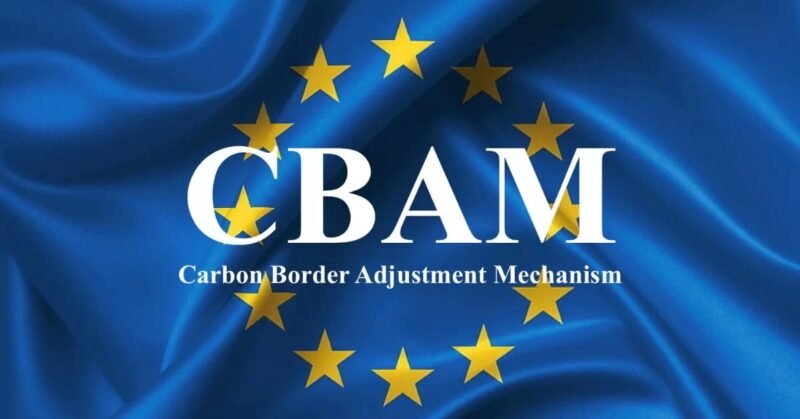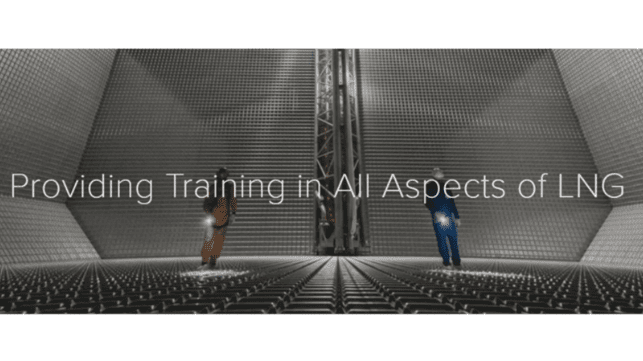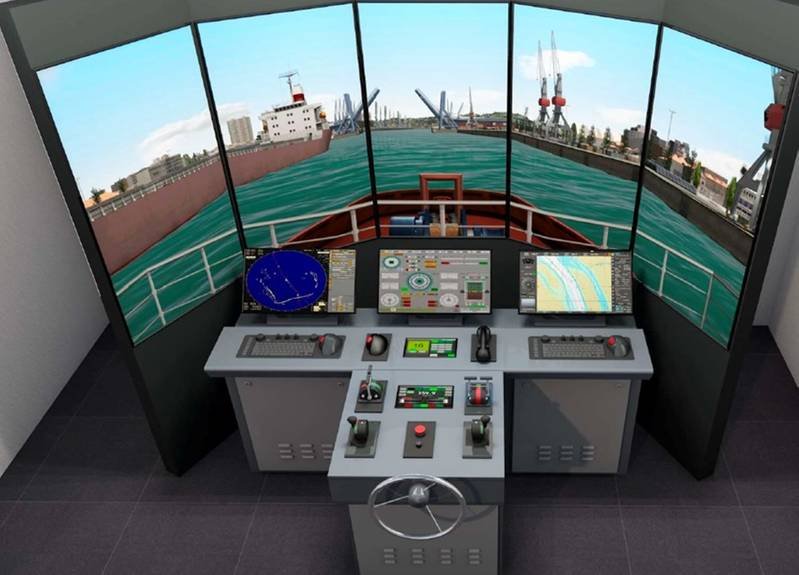The maritime industry is moving towards sustainability by adopting zero and near-zero greenhouse gas emission fuels like ammonia, methanol, and hydrogen. These “green molecules” offer a cleaner future but also present unique safety challenges that require a shift in seafarer training and competencies. The current Standards of Training, Certification, and Watchkeeping for Seafarers (STCW) Convention do not adequately cover the specific skills needed to handle these fuels. Recognizing this gap, the Maritime Just Transition Task Force (MJTTF) has called for a comprehensive overhaul of training frameworks to ensure a safe and effective transition.
Key competencies and knowledge areas for seafarers working with ammonia, methanol, and hydrogen as fuels have been outlined. For ammonia, seafarers need to understand its physical and chemical properties, safety precautions, and fire-fighting systems. Similarly, for methanol, knowledge of its hazards, safety measures, and pollution prevention are crucial. When it comes to hydrogen, familiarity with its properties, gas detection instruments, and environmental protection measures are essential for safe handling.
Seafarers must be equipped with the necessary competencies and understanding to work with these alternative fuels effectively and safely. Training frameworks need to be updated to address the specific challenges posed by ammonia, methanol, and hydrogen. By enhancing seafarers’ knowledge and skills in handling these green fuels, the maritime industry can successfully transition towards a more sustainable future while ensuring the safety of its workforce and the environment.







